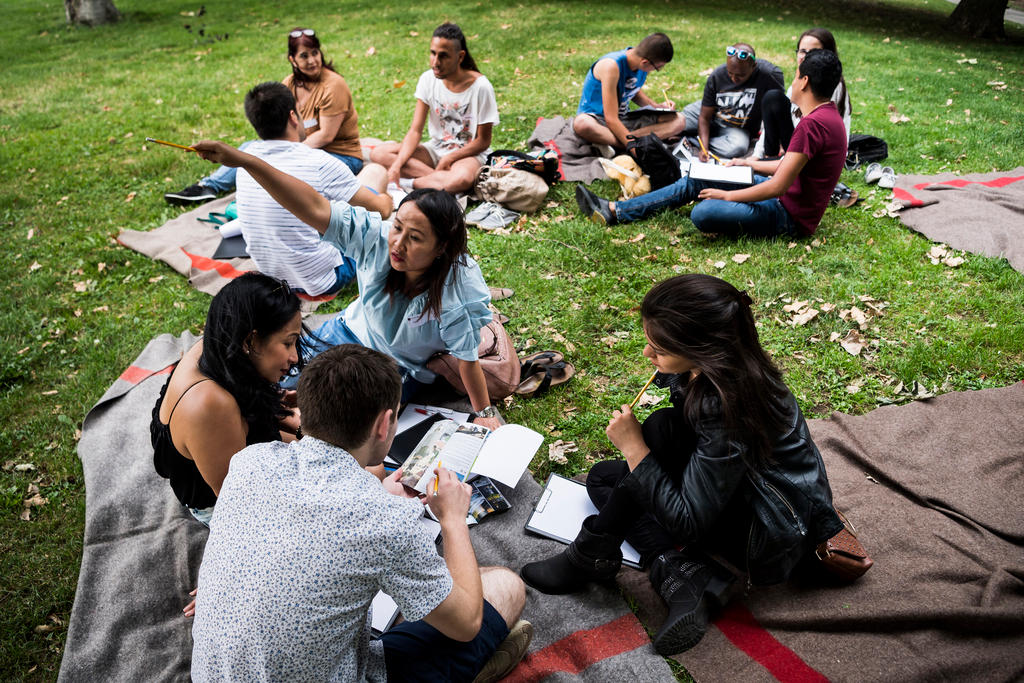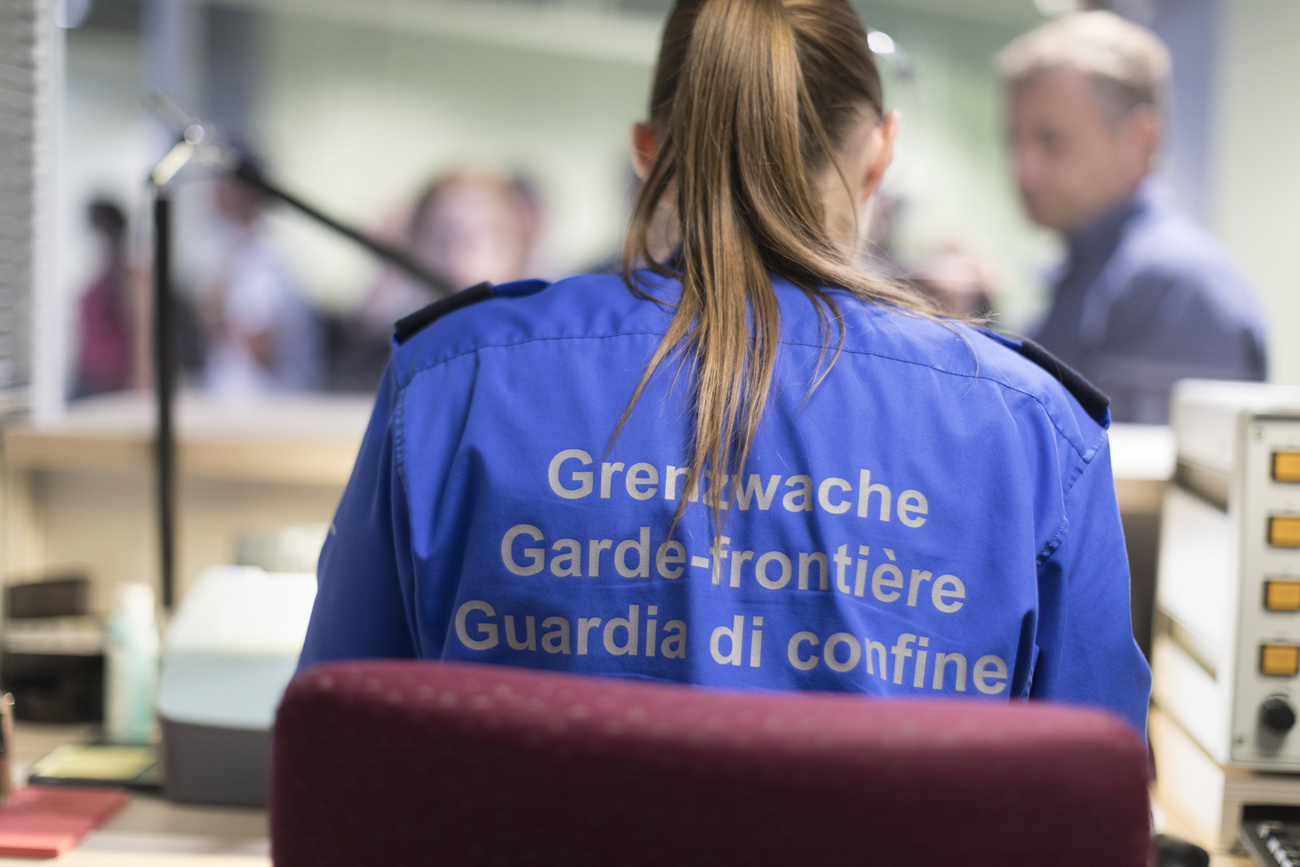
What language is spoken in Switzerland?

Switzerland has four national languages: German, French, Italian and Romansh. Although it is not an official language, English is often used to bridge the divides, and a significant proportion of official documentation is available in English.
What language do the Swiss speak?
Switzerland is made up of four different linguistic areas, namely a German-speaking part, a French-speaking part, an Italian-speaking part and a Romansh-speaking part, illustrating the diversity of the Swiss language. Three cantons (Bern, Fribourg and Valais) and two cities (Biel/Bienne and Fribourg) are officially bilingual. Graubünden is the only officially trilingual canton.
Switzerland’s official languages are German, French, Italian, and RomanshExternal link. Romansh, a Latin-based language, is common in Graubünden.
Switzerland has many dialects
In German-speaking Switzerland, people speak in dialect but write in standard German. This makes learning the language harder for foreigners. Additionally, there are many Swiss German dialects, which vary by canton.

More
English as a common language in Switzerland: a positive or a problem?
Over 60% of the population speaks German (both standard German and Swiss German) as their main language, while over 20% speaks French, around 8% Italian and under 1% Romansh. Over 20% of residents have another language as their mother tongue, primarily English, Portuguese and Albanian.
Proportionately, the number of speakers of French and non-national languages is increasing, to the detriment of German, Italian and Romansh. Swiss German is the most widely spoken language at the workplace, followed by standard German, French, English and Italian.

More
French flourishes in Switzerland
The ability to speak a national language remains important for integration, and it is required for naturalisation when someone applies for Swiss citizenship. Language courses, from weekly classes to intensive courses, are widely available in every region. Prices and methods vary, so it is worth shopping around.
For more information on multilingualism in Switzerland, see:
– official languages and their dialects on the website of the foreign ministryExternal link.
Statistics on languages spoken on the website of the Federal Statistical OfficeExternal link.
– Federal Law on National LanguagesExternal link
– Forum HelveticumExternal link, a resource centre promoting cultural and linguistic understanding between the different regions of Switzerland.

In compliance with the JTI standards
More: SWI swissinfo.ch certified by the Journalism Trust Initiative
















![The four-metre-long painting "Sonntag der Bergbauern" [Sunday of the Mountain Farmers, 1923-24/26] had to be removed by a crane from the German Chancellery in Berlin for the exhibition in Bern.](https://www.swissinfo.ch/content/wp-content/uploads/sites/13/2025/12/01_Pressebild_KirchnerxKirchner.jpg?ver=ebf28c90)















You can find an overview of ongoing debates with our journalists here . Please join us!
If you want to start a conversation about a topic raised in this article or want to report factual errors, email us at english@swissinfo.ch.